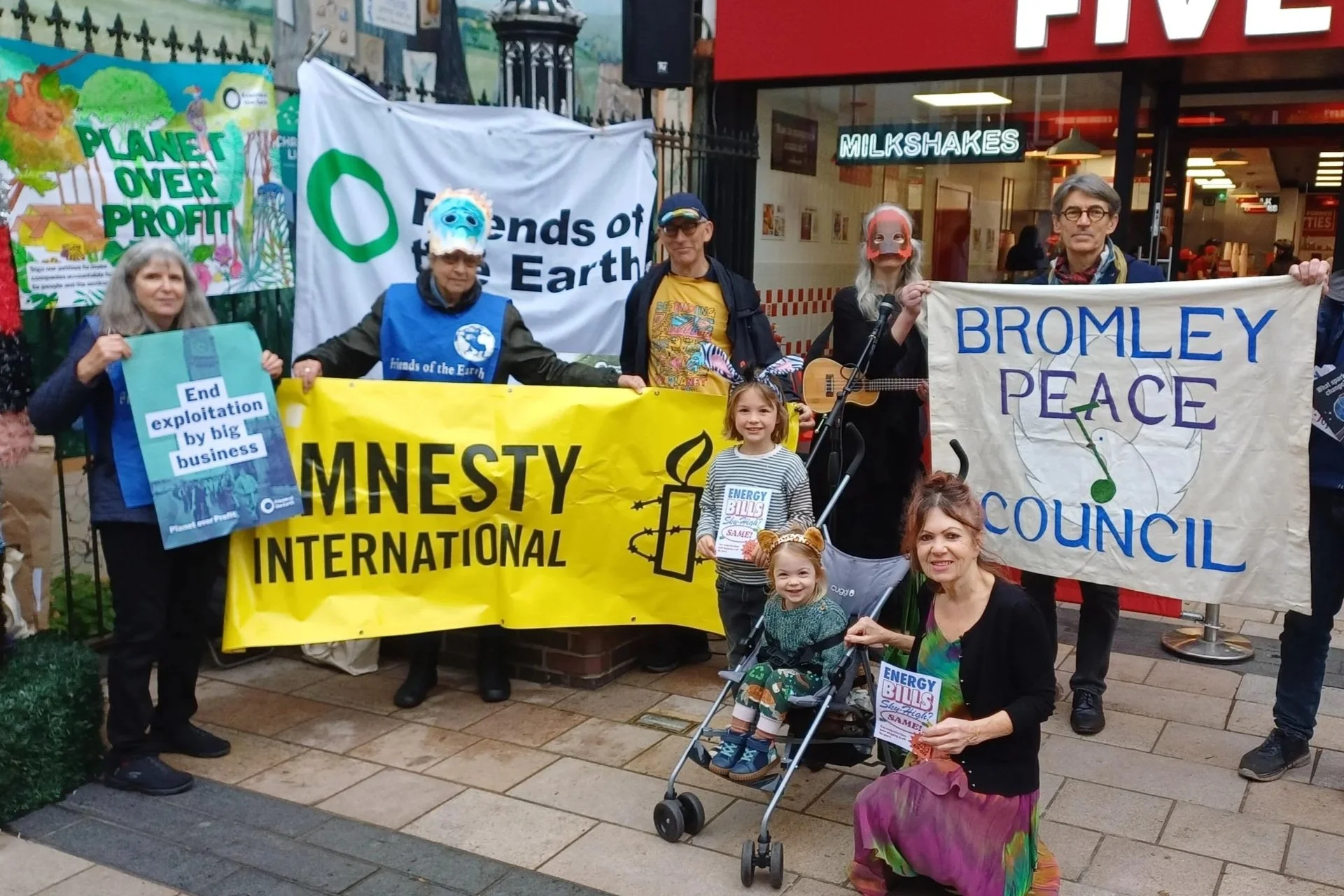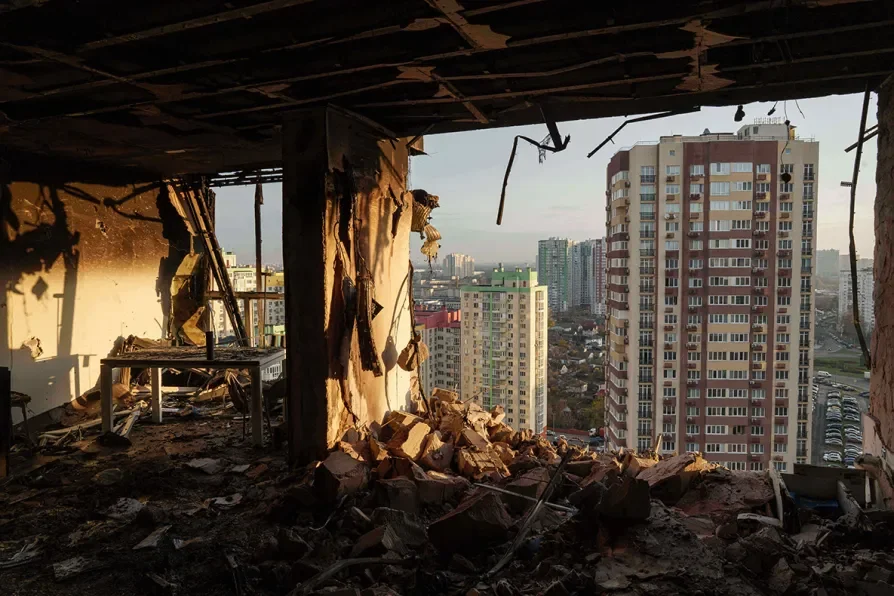Theresa May has invited the Saudi Crown Prince Mohammad bin Salman to visit Britain on the 7th-9th March. Bin Salman is the second most senior member of the Saudi regime. He currently oversees the bombing of Yemen, which has caused what the UN has called "the worst humanitarian crisis in the world". The Saudi regime has supported repression in Bahrain, imposed a blockade on Qatar, and detained the Lebanese Prime Minister.
A parliamentary petition urging the government to cancel the visit has attracted over 11,500 signatures, which means it qualified for a debated in parliament. The Foreign and Commonwealth Office made a response claiming that that engagement with the Saudi dictatorship has made ‘both of our countries safer and more prosperous’ and asserting that human rights must be ‘practical, realistic and achievable’. You can read the response and the reply from groups opposing the visit here.
Early Day Motion 865 on the proposed visit has been supported by a number of Labour MPs. Ask your local MP to do likewise. You can read the motion and list of supporters here.









